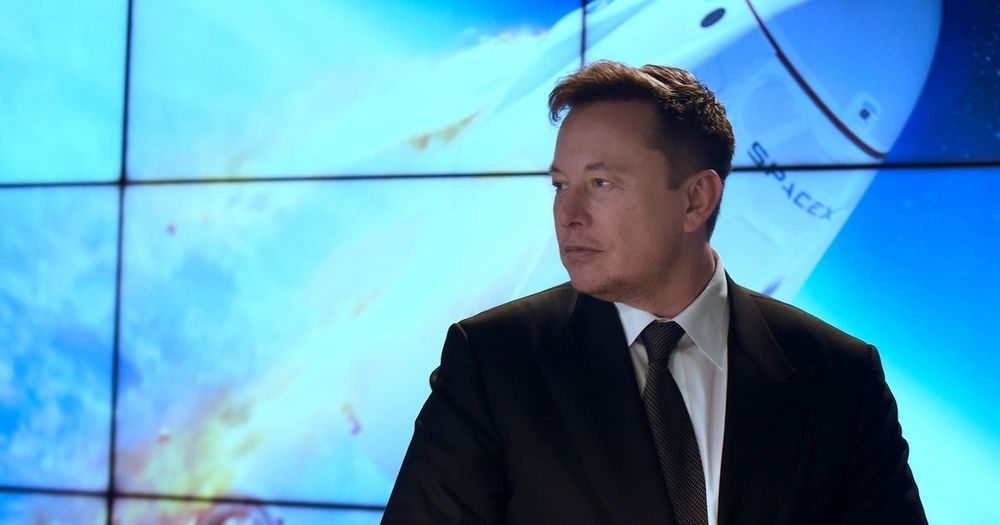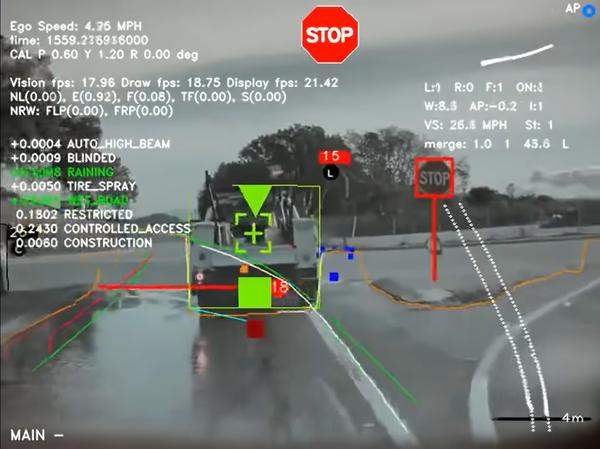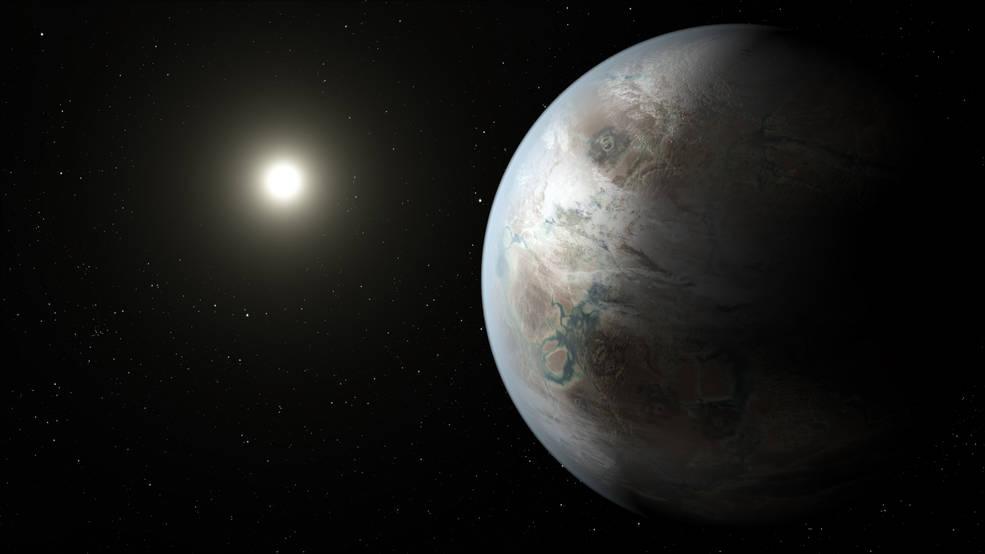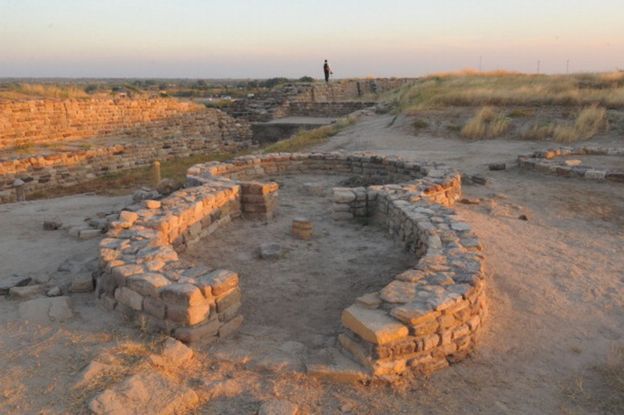According to new research by SISSA, ICTP and INFN, black holes could be like holograms, in which all the information to produce a three-dimensional image is encoded in a two-dimensional surface. As affirmed by quantum theories, black holes could be incredibly complex, and concentrate an enormous amount of information in two dimensions, like the largest hard disks that exist in nature. This idea aligns with Einstein’s theory of relativity, which describes black holes as three dimensional, simple, spherical and smooth, as depicted in the first-ever image of a black hole that circulated in 2019. In short, black holes appear to be three dimensional, just like holograms. The study, which unites two discordant theories, has recently been published in Physical Review X.
The mystery of black holes
For scientists, black holes pose formidable theoretical challenges for many reasons. They are, for example, excellent representatives of the great difficulties of theoretical physics in uniting the principles of Einstein’s general theory of relativity with those of the quantum physics of gravity. According to the relativity, black holes are simple bodies without information. According to quantum physics, as claimed by Jacob Bekenstein and Stephen Hawking, they are the most complex existing systems because they are characterized by enormous entropy, which measures the complexity of a system, and consequently contain a lot of information.





